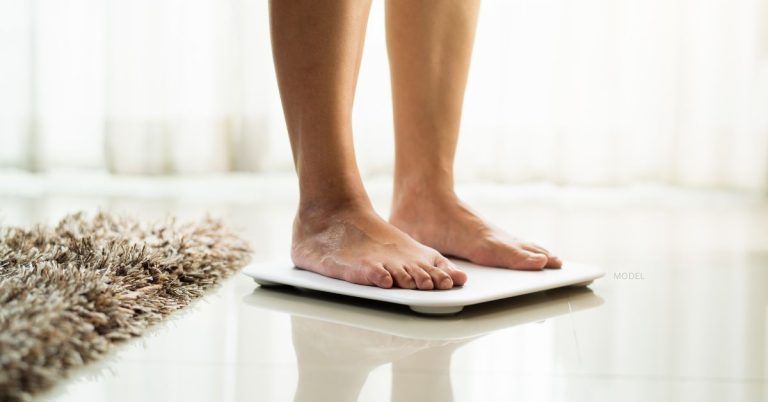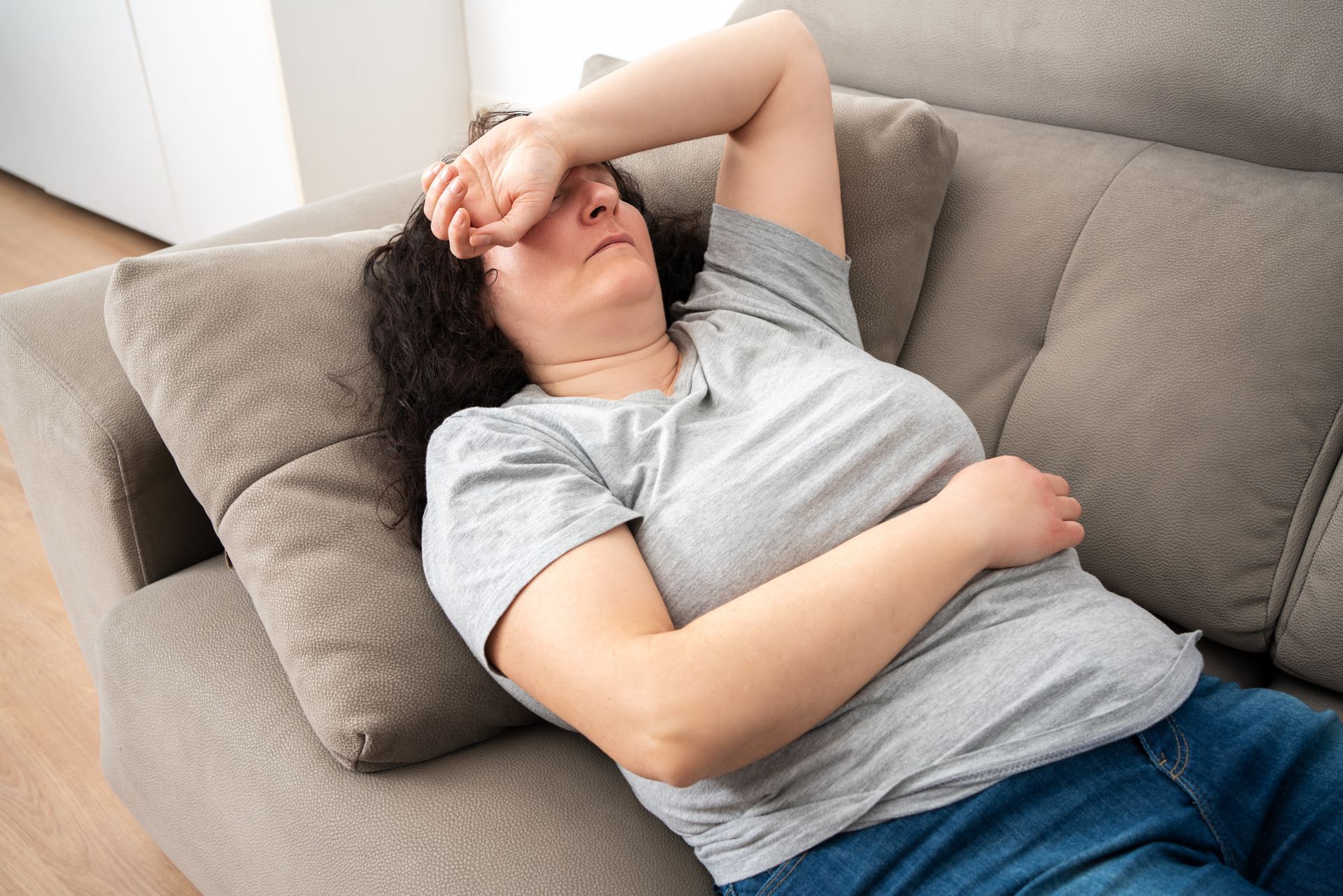Oral GLP-1 Medication vs Injectable: Which Is Better for Weight Loss?

If people have a choice between taking medication orally or having to inject it themselves, chances are most will opt to take the pills. Oral weight loss medication may seem like an appealing and convenient option for losing weight, but the FDA has not yet approved it for weight loss.
That’s not the only drawback involved with oral weight loss medication. There are several other reasons GLP-1 injections remain preferable to the pill form, which is why Rejuvime Medical offers only injectable GLP-1 medications. In this blog post, we will explore the differences between oral and injectable weight loss medications and explain why the injectable form remains the preferred option.
Are Oral GLP-1 Medications Effective?
Creating an obesity pill from an injectable isn’t as simple as packaging the same drugs in capsule form. One of the major drawbacks is how the body absorbs the medication. Because pills pass through the gastrointestinal tract before entering the bloodstream, they must be able to withstand a large degree of degradation. That means the results are potentially less predictable and less efficient compared to injections.
It also means you’ll need significantly higher doses of oral weight loss medication to produce the same weight loss as lower-dose injections. This increases the treatment cost and requires patients to take the pills at least once a day, compared to weekly injections.
Other Potential Risks
Taking oral weight loss medication has potential side effects, making it potentially risky for people with other medical conditions. It may interact adversely with other oral meds that need to be taken on the same schedule. For example, patients on thyroid medications may experience elevated thyroid from increased absorption in the gut. Those on bone-strengthening medications for osteoporosis could also face an increased risk of side effects.
Moreover, patients must take the pill on an empty stomach and wait at least 30 minutes before eating or drinking, which can be cumbersome for some individuals.
The Difference: Why Injectable GLP-1 Medication Is Preferred
Most medical professionals recommend injectable weight loss medication for a number of reasons.
- Efficacy: Injectable weight loss medication is more effective because it directly enters the bloodstream. That leads to stable and predictable drug levels.
- Convenience: The once-weekly administration of injectable weight loss medication is actually more convenient in the long run. It reduces dosing frequency and the need to adhere to strict timing around meals, as required with the oral form. This convenience, in turn, results in better patient compliance and more consistent weight loss results.
- Proven results: Finally, and most importantly, injectable weight loss medication has proven results. Clinical trials and real-world studies consistently show that injectable weight loss medication improves patients’ weight loss outcomes. In head-to-head comparisons, patients injecting GLP-1 medications experienced greater weight loss and improved metabolic outcomes compared to people taking the drug orally.
Even though many people are wary of injections, it’s important to remember that not all needles are equal. You inject GLP-1 medications just below the skin’s surface. Compared to flu shots, which are jabbed into muscle, GLP-1 injections cause minimal discomfort. You can learn how self-injections work in our related blog post.
Get More Information
If you’re interested in GLP-1 medications for metabolic optimization and weight loss, you can call us at (225) 960-1580 or request a consultation using the online form. We offer a simple, 3-step process to start your weight loss journey.
The post Oral GLP-1 Medication vs Injectable: Which Is Better for Weight Loss? first appeared on Rejuvime Medical.
Get in Touch
Questions? Contact us today by phone or book an appointment online.
Questions? Call our office:
(225) 228-3128





